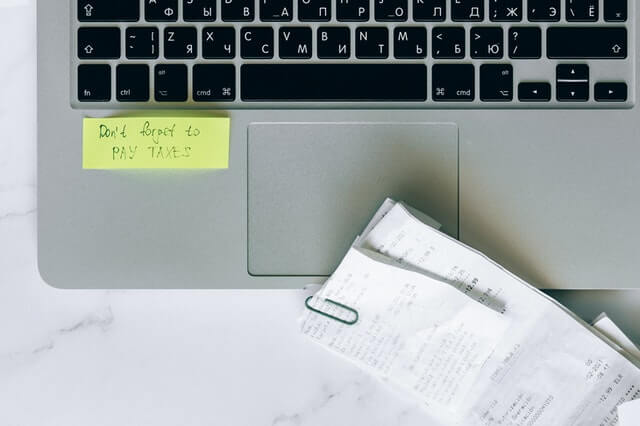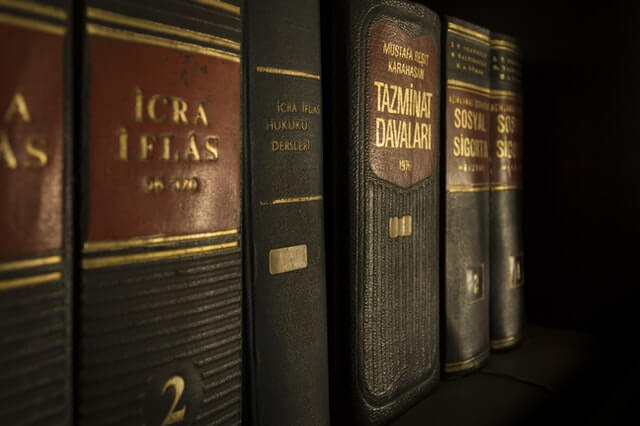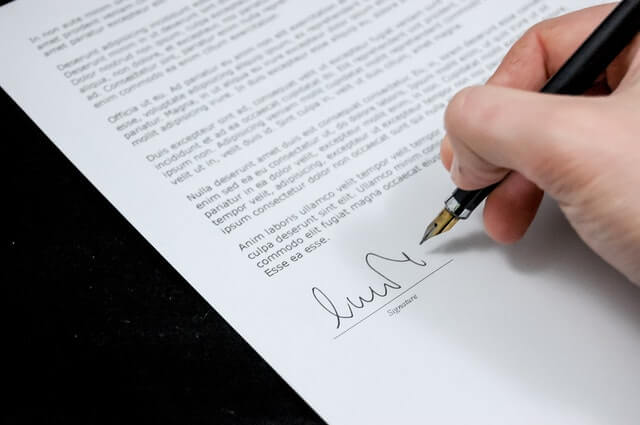Digital financial transactions and online deposits are now a common practice in the business world: whether it be for retail, wholesale, service-based, and even in real estate. One of the questions a landlord might have is which transactions they should provide a receipt for or how they will issue it for virtual payments.
One of the transactions that might be an area of confusion is security deposits. What is confusing is it is still technically the tenant’s money but will be in the landlord’s possession until the end of the lease. Since it’s not a regular “payment,” should landlords issue a receipt for it?
Just like with several issues related to the residential rental business, the answer to that question varies from one scenario to another, but a straightforward response would be yes, a receipt is necessary.

The Importance of Receipts
A receipt is a simple documentation of the fund transactions between two individuals engaged in a business exchange. It is reliable proof that a vendee successfully paid the vendor. In this case, the vendee is the tenant, and the vendor is the landlord.
Having a paper trail in all transactions will come in handy for both landlords and tenants. Landlords must issue a receipt upon receiving the security deposit from the tenant. Both parties must have a copy of the signed receipt. It is equally vital for landlords to document the deposit refund to the tenant when the lease ends.
One instance when a receipt would come in handy is if a former tenant sues his former landlord in a small claims court for not returning the latter’s security deposit after his lease ended. If the landlord can’t provide receipts of the refund, the tenant could get another refund straight from the landlord’s pocket.
When Landlord’s Provide Receipts
Electronic payments often provide automatic receipts for both the payee and payor. In this case, there is no need for a landlord to issue a receipt. Electronic rent payments will be more convenient for the landlord in that sense.
However, when the deposit is paid in cash, money order, or check, a landlord must always write a receipt. It applies to rental payments as well. Both landlord and tenant will benefit from having a receipt because it will disprove false non-payment claims of either party.
What the Law Says
There are different security deposit laws from state to state, which include handling the security deposit, how it is refunded, etc. For example, in states like Massachusetts and Illinois, the landlord must deposit the money in an interest-bearing account, and he must show the receipt to the tenant.

However, even if state laws do not require receipts for security deposits, landlords and tenants must always use receipts because of the importance of having a paper trail as mentioned above.
Receipt Alternative
A simple email from the landlord that he has received a security deposit from the tenant is already useful in the absence of a signed receipt. The email must indicate the total amount paid; date of payment; names of the landlord and tenant; what the payment is for; and the address of the property that will be rented.
An email like this will have value during court hearings for security deposit disputes because the email address can be traced to the landlord or tenant.
Lease Agreement
Even though the security deposit amount is indicated on the signed lease agreement, landlords must still provide a receipt as extra proof of payment.

Conclusion
Proper documentation of all transactions will always be beneficial to landlords. It must even be practiced by rental agents. When they publish a listing on Padleads, they will get a lot of applications. Keeping application forms and documents of tenants could also come in handy in the future, just like receipts.